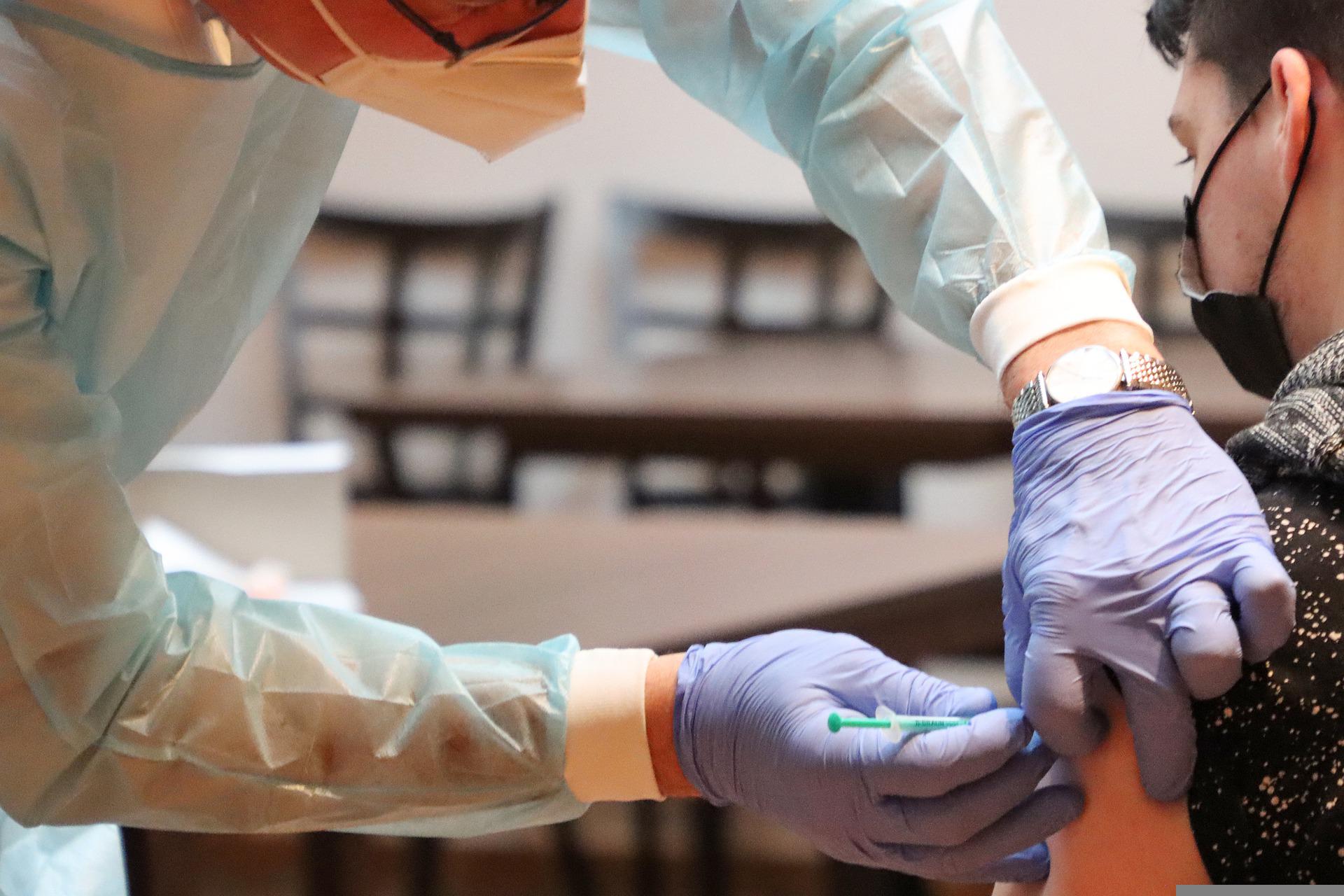Media release
From: JAMAAssociation of Fourth Pfizer-BioNTech Vaccine Dose With SARS-CoV-2 Infection
JAMA Network Open
Original Investigation
Association of Receiving a Fourth Dose of the BNT162b Vaccine With SARS-CoV-2 Infection Among Health Care Workers in Israel
About JAMA Network Open: JAMA Network Open is the new online-only open access general medical journal from the JAMA Network. On weekdays, the journal publishes peer-reviewed clinical research and commentary in more than 40 medical and health subject areas. Every article is free online from the day of publication.
About The Study: Researchers found that 4-dose recipients of the Pfizer-BioNTech vaccine had a lower risk of acquiring COVID-19 than 3-dose recipients during the peak Omicron variant wave in this study of 29,000 health care workers in Israel.
Authors: Allon E. Moses, M.D., of the Hadassah-Hebrew University Medical Center in Jerusalem, is the corresponding author.
(doi:10.1001/jamanetworkopen.2022.24657)
Editor’s Note: Please see the article for additional information, including other authors, author contributions and affiliations, conflict of interest and financial disclosures, and funding and support.


